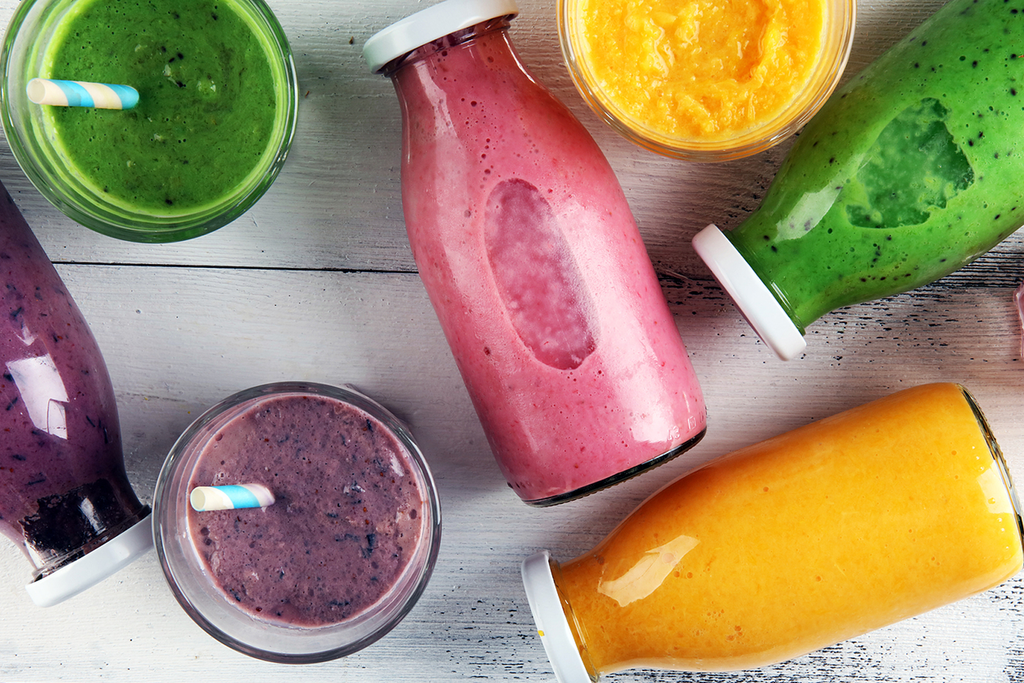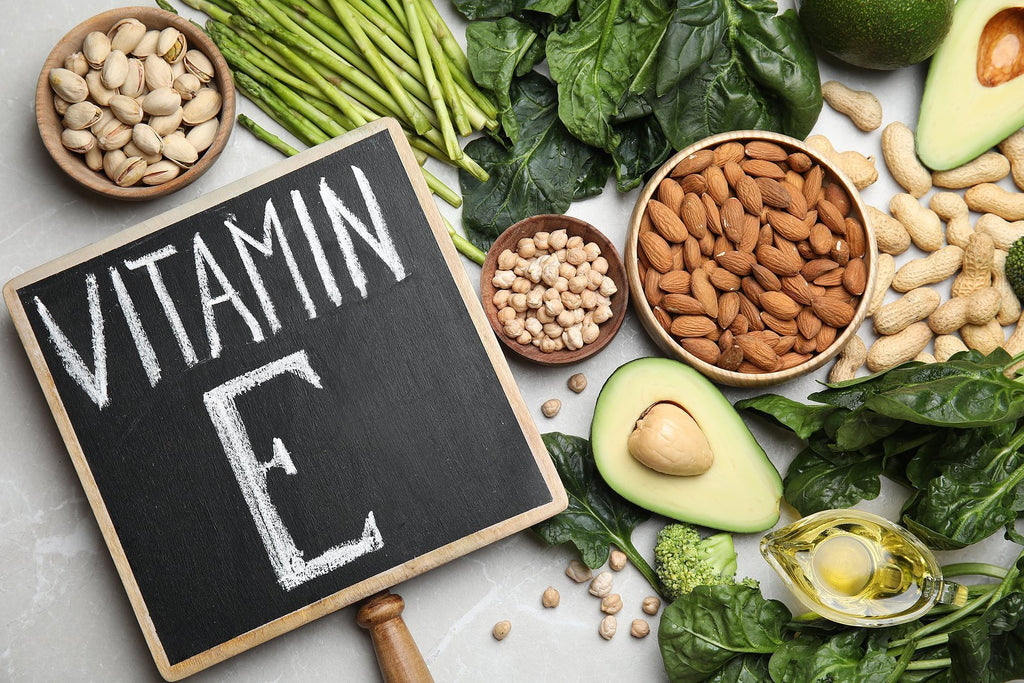Hypothyroidism vs. Hyperthyroidism: What’s The Difference?
Hypothyroidism vs. Hyperthyroidism
I’ll give you some ways to naturally improve your thyroid function. Why is that incredibly important? First, thyroid problems are very, very common. Second, your thyroid gland produces critical hormones that regulate your metabolism, breathing, heart rate, nervous system, body weight, muscle strength, body temperature, cholesterol levels, and, for a woman, menstrual cycle.
Your thyroid gland is located at the front of your neck. It has two lobes – one on each side of the midline of your throat. This gland controls other cells, tissues, and organs through its production and release of two hormones: T3 and T4. You might think of your thyroid as a hub of communication because it’s not only controlling other cells, it’s regulating other hormones.
When your thyroid is not functioning properly, the consequences can be devastating. For a doctor, getting to the root of a malfunctioning thyroid involves examining many different pieces and factors. I won’t break things down that far in a short blog. Instead, I’ll give you some simple things you can do to create an environment for proper thyroid function.
There are two main types of thyroid dysfunction: hypothyroidism and hyperthyroidism.
What Is Hypothyroidism?
Hypo means under or beneath. Therefore, hypothyroidism is when your thyroid produces too little hormone. You may experience symptoms like depression, dry skin, fatigue, and cold sensitivity. This condition is especially prevalent amongst women over 50, although plenty of men have it as well. The autoimmune disorder called Hashimoto’s is the most common cause of hypothyroidism. It involves your body attacking your thyroid gland and damaging it – so it doesn’t produce enough hormone.
If you’re a hypothyroid, here are key things you need:
- Iodine is especially important for making thyroid hormone. Not too little, not too much… about 150 micrograms per day. Some good food sources of iodine include kelp and other seaweed, shrimp, cod, tuna, and egg yolks. Personally, I don’t eat tuna because it’s a fish that tends to have high mercury levels, but it is a good source of iodine.
- Selenium helps to convert the inactive form of thyroid hormone (T4) to the biologically active form (T3). Some good sources of selenium include shrimp, wild-caught salmon, sardines, scallops, lamb, chicken, beef, turkey, eggs, Brazil nuts, and sunflower seeds.
- Zinc also assists in the conversion of T4 to T3. Without enough zinc or selenium, you’ll have symptoms resembling hypothyroidism, even if your thyroid is okay. Good sources of zinc include shellfish, mollusks, meat, legumes, and nuts.
- Another key nutrient that you need to make thyroid hormone is the amino acid tyrosine. You can get tyrosine from eating almonds, wild-caught salmon, chicken, avocados, bananas, eggs, and pumpkin seeds. Watch out if you’re vegan, because on average vegans consume less tyrosine than vegetarians or meat-eaters.
- A strong association has been discovered between low vitamin D levels and people who are hypothyroid. For most people who don’t live or work in the sun, that means supplementing with about 5,000 IU of vitamin D each day. For more on vitamin D, check out my other videos and blogs.
What Is Hyperthyroidism?
Hyper means excessive or extreme. So, for someone with a hyperthyroid, too much thyroid hormone is being released. As a result, the body runs really fast and works too hard, almost like an overheating engine. Symptoms can include weight and hair loss, anxiety, sweating, and a unique symptom, which is bulging eyes.
One cause of hyperthyroidism is the autoimmune disease, Graves’ disease. It causes your body to attack your thyroid gland. But in this case it causes it to make more hormone than you need.
If you have a hyperthyroid problem, here are things to eat and do that will naturally help over activity.
- Eat plenty of cruciferous vegetables, especially broccoli, cauliflower, Brussels sprouts, and cabbage. They contain a natural thyroid blocker.
- Some herbs can decrease excessive thyroid secretion and thus lessen symptoms. These include motherwort, bugle weed, and lemon balm.
- Support your overall thyroid health by supplementing with vitamin C and B complex, exercising regularly, and minimizing your exposure to pesticides and heavy metals.
- Avoid high iodine foods.
That’s just the tip of the iceberg when it comes to your thyroid, but it’s a good and important start. If you found this information useful, please share it with others. For more specific information on vitamins and minerals and how they interact with your body, check out the rest of my website and blogs.
"I have been a loyal Body Manual customer since my naturopathic doctor recommended them a year ago. Very glad I found pure products without all of the junk. I have no reservations recommending to my friends and family."
Alexandre -⭐️⭐️⭐️⭐️⭐️
Sharing is caring
Know Your Body - Know Your Health






